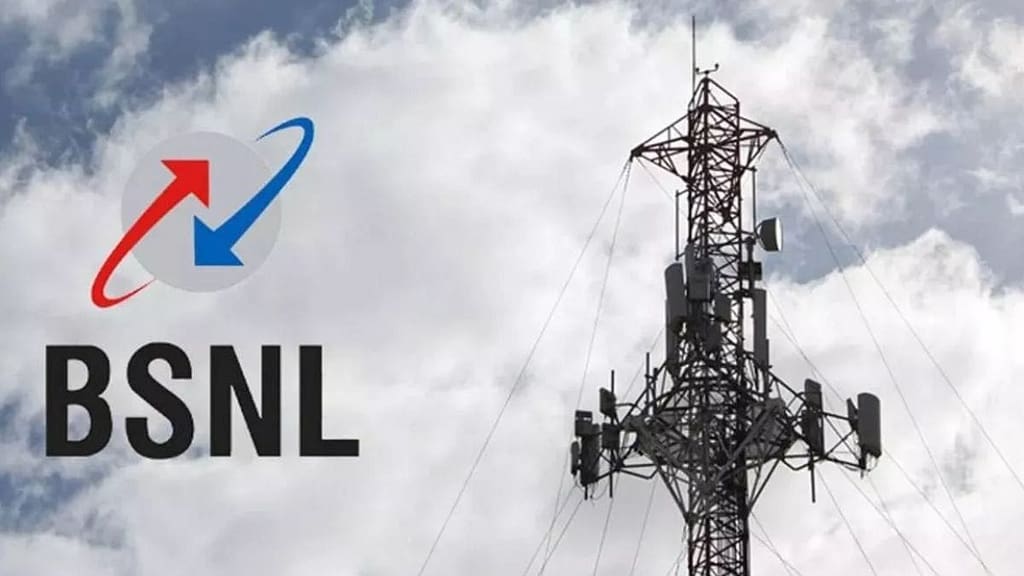BSNL, or Bharat Sanchar Nigam Limited, is a cornerstone of India’s telecommunications infrastructure. As a public sector undertaking, it has played a pivotal role in connecting millions of Indians across the vast country.
Key points about BSNL:

Backbone of Connectivity: For many years, BSNL was the primary provider of landline and broadband services, especially in rural and semi-urban areas.
- Wide Network Reach: Despite facing competition from private players, BSNL still boasts a vast network, ensuring connectivity in even the remotest corners of India.
- Focus on Affordability: Known for its budget-friendly plans, BSNL has catered to the needs of the mass market.
- Government Initiatives: The government has been taking steps to revitalize BSNL through various initiatives, including spectrum allocation and infrastructure upgrades.
Why BSNL is important to india
BSNL: A Vital Backbone for India’s Connectivity
BSNL, despite facing challenges, remains an important asset to India for several reasons:
- Extensive Network Reach: BSNL has a vast network that covers both urban and rural areas, providing connectivity to millions of Indians, especially in remote regions where private players might have limited presence.
- Affordability: BSNL has traditionally offered competitive and affordable plans, making telecommunication services accessible to a large section of the population.
- Digital India Initiative: As a public sector undertaking, BSNL plays a crucial role in supporting the government’s Digital India initiative by providing basic telecommunication services to underserved areas.
- Strategic Importance: In terms of national security and emergency services, a robust telecommunication infrastructure is essential, and BSNL’s widespread network contributes significantly to this.
- Employment Generation: As a large employer, BSNL provides livelihood to a considerable number of people across the country.
While the telecom sector has become highly competitive, BSNL’s role in bridging the digital divide and ensuring universal connectivity remains vital for India’s overall development.
Would you like to know more about the challenges BSNL faces or the government’s plans to revive it?
What happened if india losing BSNL
Impact of Losing BSNL
The loss of BSNL would have significant repercussions for India:
- Digital Divide: BSNL has a strong presence in rural and remote areas, providing essential connectivity. Its absence would widen the digital divide, limiting access to information, education, and healthcare services for millions.
- Economic Impact: BSNL is a major employer, and its closure would lead to job losses. Moreover, it contributes to the government’s revenue. Its absence would negatively impact the economy.
- National Security: BSNL’s network is critical for national security and emergency services. Its loss would compromise communication channels essential for disaster response and defense.
- Competition: While private players dominate the urban market, BSNL’s presence keeps prices competitive. Its absence could lead to higher telecom costs for consumers.
- Infrastructure: BSNL has invested heavily in infrastructure, including optical fiber networks. Its loss would mean underutilized resources and potentially hinder the expansion of broadband services.
In essence, BSNL, despite its challenges, plays a crucial role in India’s telecommunications landscape. Its loss would have far-reaching consequences for the country’s social, economic, and security fabric.



